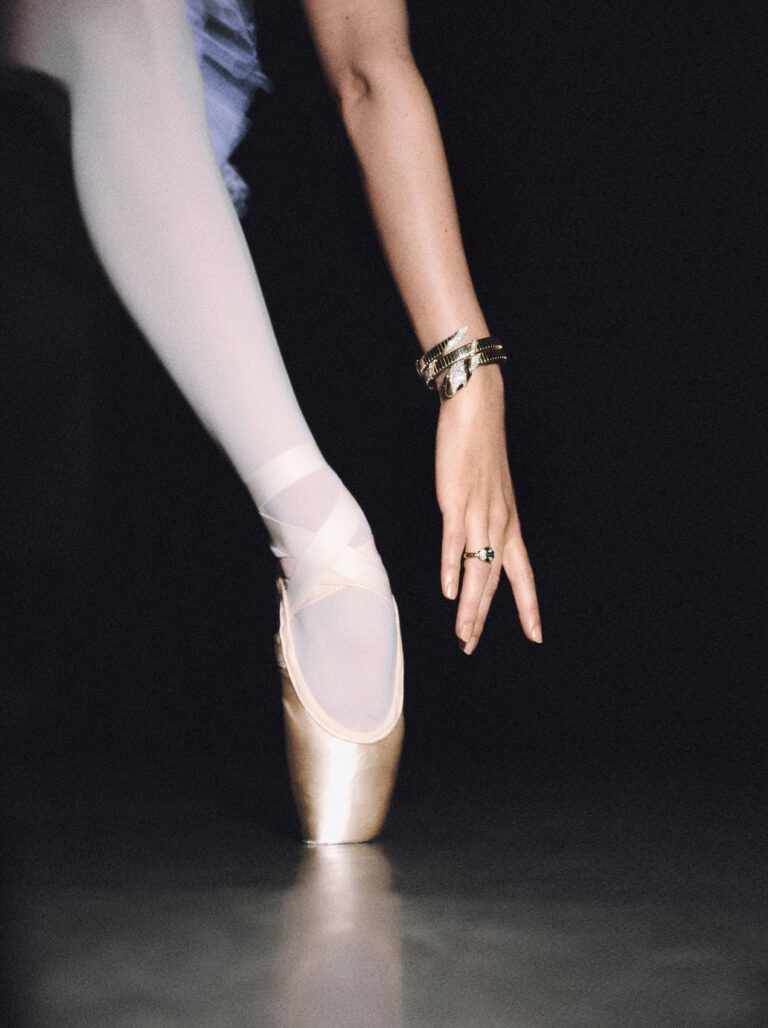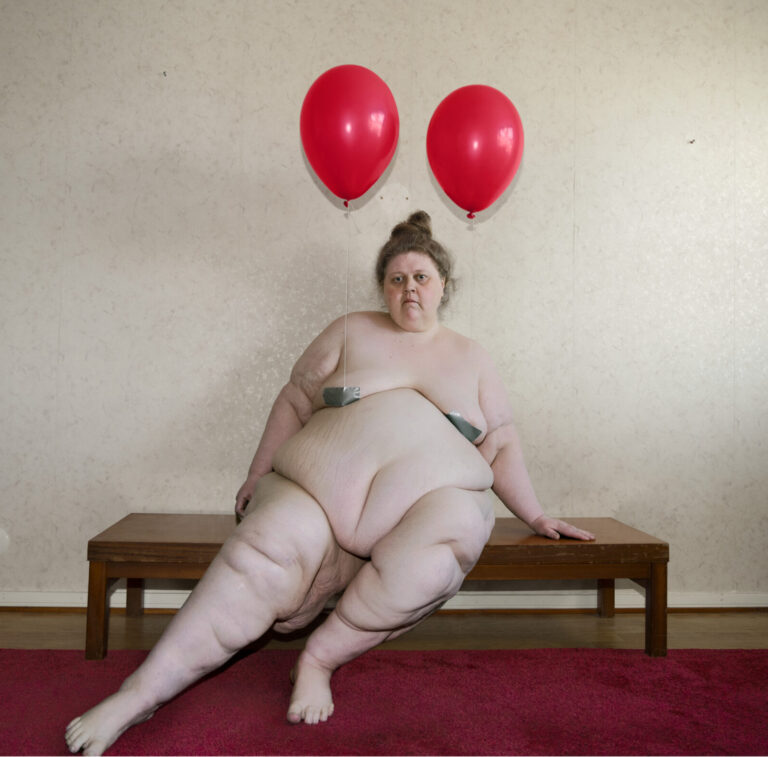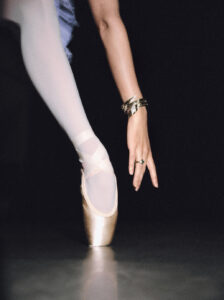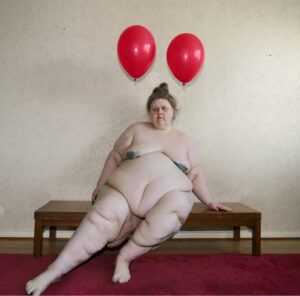
Corteon Moore cut his teeth as a student in Toronto’s theater circuit before turns in a string of horror flicks. Next, he’ll pivot to lighter fare with a role in the Benito Skinner–led A24 comedy series Overcompensating.
CULTURED: What was the biggest “pinch me” moment of your career so far?
Corteon Moore: I’m not going to lie—it was when I hopped on a zoom call with A24 for Overcompensating. I’ve been a fan for over a decade, so meeting with them was a bucket list moment for me. It’s magical how in one second you can be watching one of your favorite movies, and in the next, you’re in a Zoom waiting room, about to audition for the very people who made that movie. I was so unbelievably nervous, but at the same time, the most comfortable and calm I’d ever been. I knew I spoke their language, and our worlds were the same in all the ways that matter when creating something. I couldn’t wait to share my approach to the art with the people I looked up to. I don’t want that feeling to ever go away.
CULTURED: What do the characters you gravitate towards have in common?
Moore: I find myself playing characters who have trouble expressing themselves in an emotionally intelligent way, particularly when it comes to how they feel about their parents. In a show called From, I played a character named Ellis Stevens who was dealing with the trauma of losing his mother to his father’s hands. It was heavy, and my character had almost no intention of working through it. Over the course of three—going on four—seasons, he slowly reconciled with his father. He learns the truth of how hard it is to make tough decisions to be there for the ones you love. Ellis seems to have set the tone for my mid-20s. In most of my other projects now, my characters have had parental issues they just can’t grasp. I think I resonate with the feelings of being a young person, struggling to cope with the reality that our parents are no different than us. They’re just people making choices, both for the better and the worse, trying their best to not completely mess us up.
CULTURED: What's one film that got you through an important moment in your life?
Moore: It’s actually something that came out last year. Dune: Part Two really reignited my faith in large-scale filmmaking. I’ve always admired blockbusters that uphold cinema as a high art while still drawing audiences to theaters—Denis Villeneuve absolutely delivered. From the jaw dropping cinematography by Greg Fraser, to the unforgettable score by Hans Zimmer—and of course the young king Chalamet—Dune gave me everything I could want in a movie. It brought me back to when I first watched 2001: A Space Odyssey. [It was] an expansive world, filled with unforgettable characters led by an auteur director unafraid of taking big risks. I just knew I was witnessing something that would be remembered by myself, and hopefully everyone else in the world forever. Also, that worm riding sequence has gone platinum on my YouTube account—one of the coolest moments in any film, ever. I’m tryna get on a sandworm, ASAP.

CULTURED: What is your ritual for managing rejection?
Moore: Rejection is a tough one for me. I’m a very confident person; I maneuver through my life as if I can do anything in the world. But every now and then I get completely rocked by a "no" and it takes a while to recover. When that happens, I’ll go to the movies. No matter what I see, I always leave full of inspiration to keep pushing forward.
CULTURED: When did you learn what it meant to be an actor? What was your biggest misconception about the craft?
Moore: I’m still figuring that out. I know the essential things that make you an actor, like memorizing your lines, learning a character's accent, and knowing where to stand. I’ve been doing those things since I started acting at 16—I remember, back then, feeling like I knew everything there was to know. I thought being loud, kind of funny, and brave enough to speak in front of a crowd of people on stage meant you were gonna be the next Pacino. The deeper and more existential parts of it came much later. I remember seeing Boogie Nights for the first time and my mind being completely blown into pieces by Philip Seymour Hoffman. He is the best actor in every single thing he’s ever been in—but in his performance as Scotty, he had this indescribable force of creative energy that just coursed through his every being. I remember feeling the weight of what it must cost to play a character so truthfully, realizing you have to give up a piece of yourself forever to make space for the character. Hoffman taught me that it’s bigger than me. If I'm lucky, I'll lose a piece of myself every time I welcome a new character into my own life.
CULTURED: When was the last time you surprised yourself on set?
Moore: Doing comedy on Overcompensating surprised the hell out of me every single day. Working with such a comedically brilliant cast was intimidating. I never knew what anyone was gonna say next. Coming from exclusively doing drama, it felt like I was thrown into an entirely new dimension. It took a second to get used to—the task felt so large. By the end of the first week, I felt like I really cracked the code to my character—and that opened the floodgates. I was surprised every time someone off-camera would laugh, and also immensely relieved. Those both wore off after a bit and then I was really able to play. Who knows? The show might come out, and every joke and bit I perform could fall flat, but as of right now, I think I did a pretty good job. I’ll have to wait and see. Maybe I’ll surprise myself again with just how awful at comedy I really am.
CULTURED: What is your party trick?
Moore: I can do a wicked Michael Caine. Partially as Alfred. You’d never think I had that up my sleeve… but it’s there and I’m just dying to use it.
Casting by Special Projects
Hair by Ward Stegerhoek
Makeup by Frank B
Nails by Maki Sakamoto
Digital Tech by Jeanine Robinson
Tailoring by Martin Keehn
Production Coordination by Enya Cirillo
Photography Agent: Philippa Serlin
Photography Assistance by Daniil Zaikin and Sergio Avellaneda
Styling Assistance by Moses Moreno and Mary Reinehr Gigler
Hair Assistance by Sean Bennett
Makeup Assistance by Natsuka Hirabayashi
On-Set Assistance by Giuliana Brida
Furniture by Vitsoe
Set Design by Happy Massee










 in your life?
in your life?

